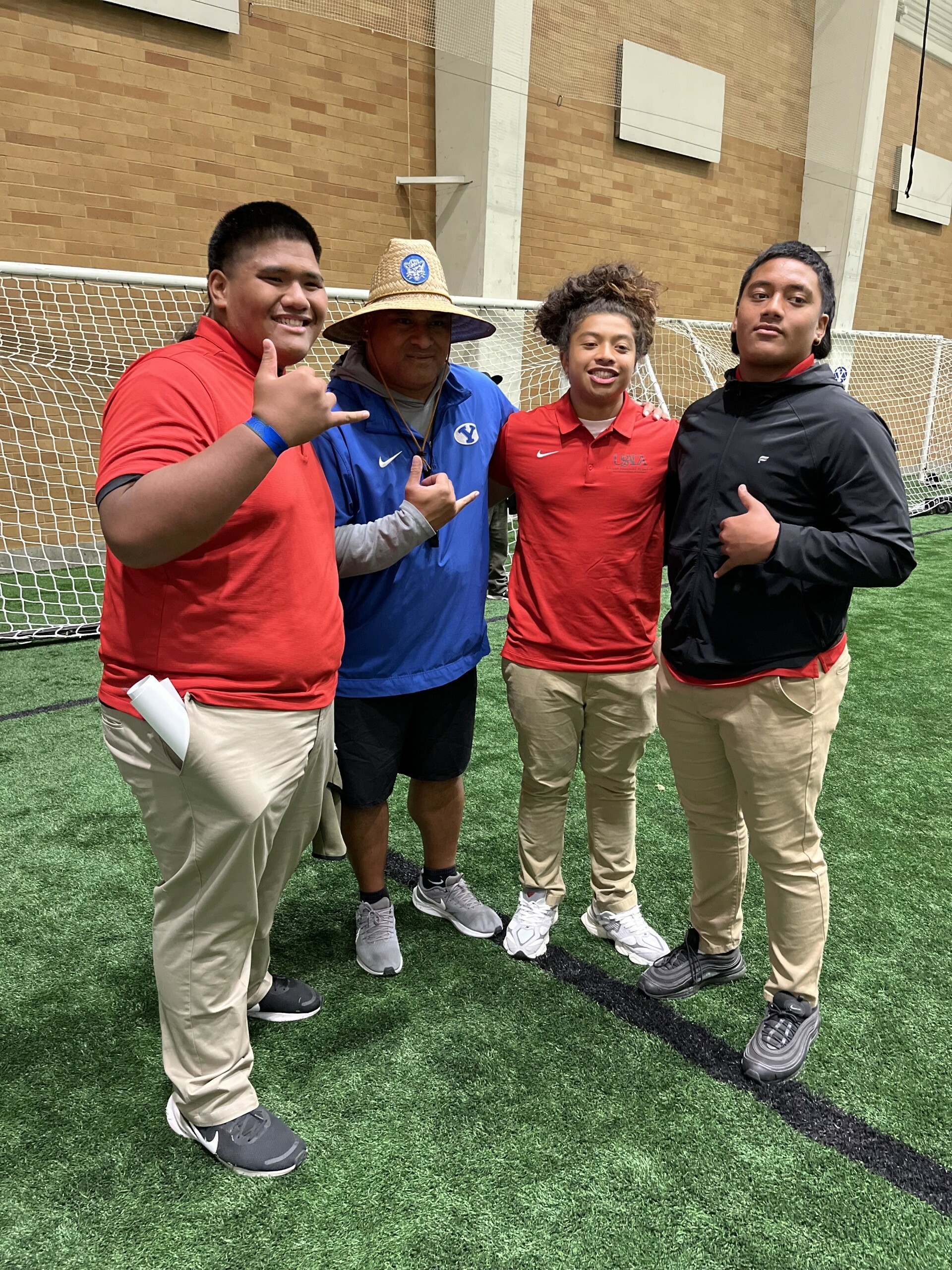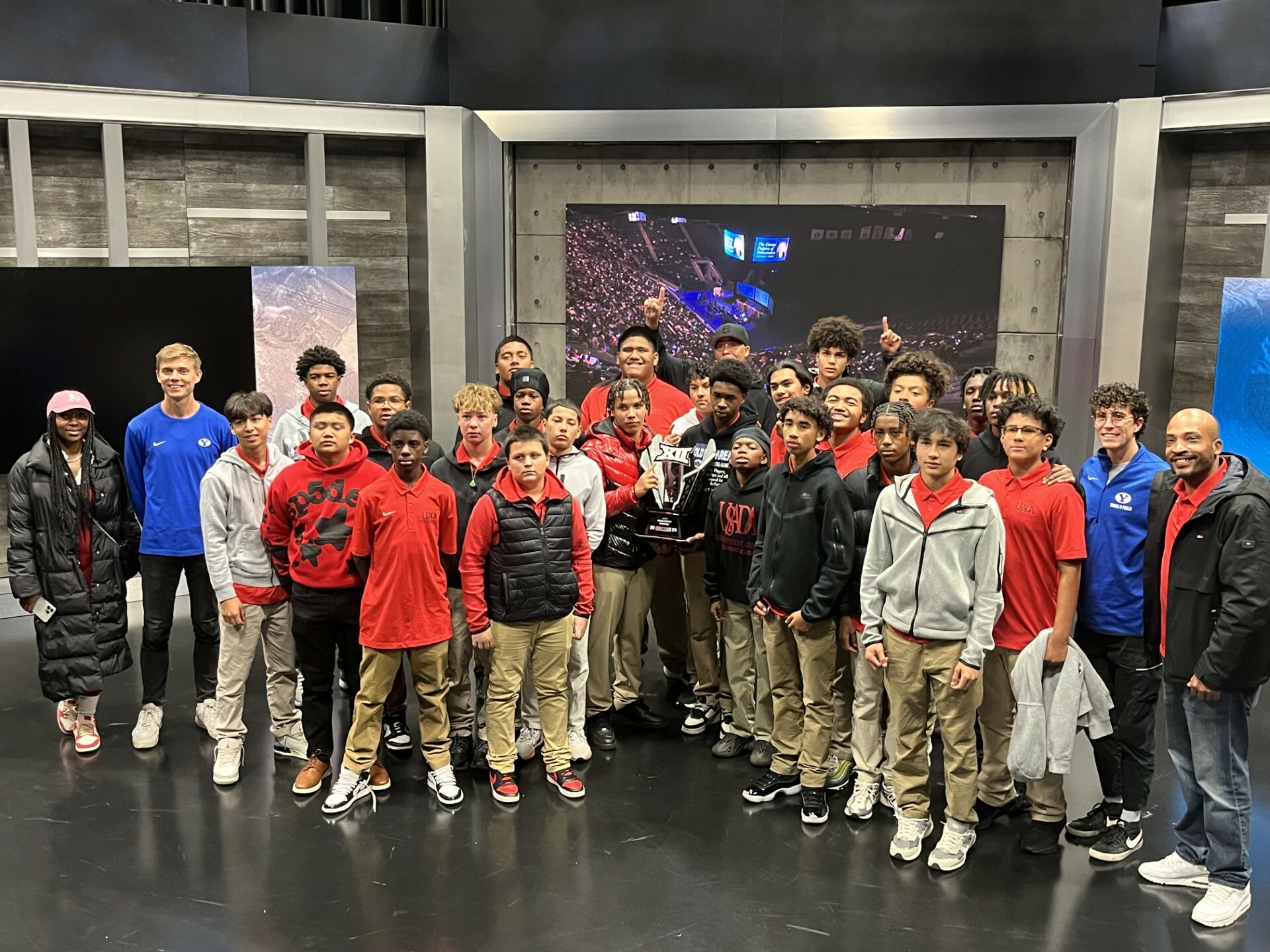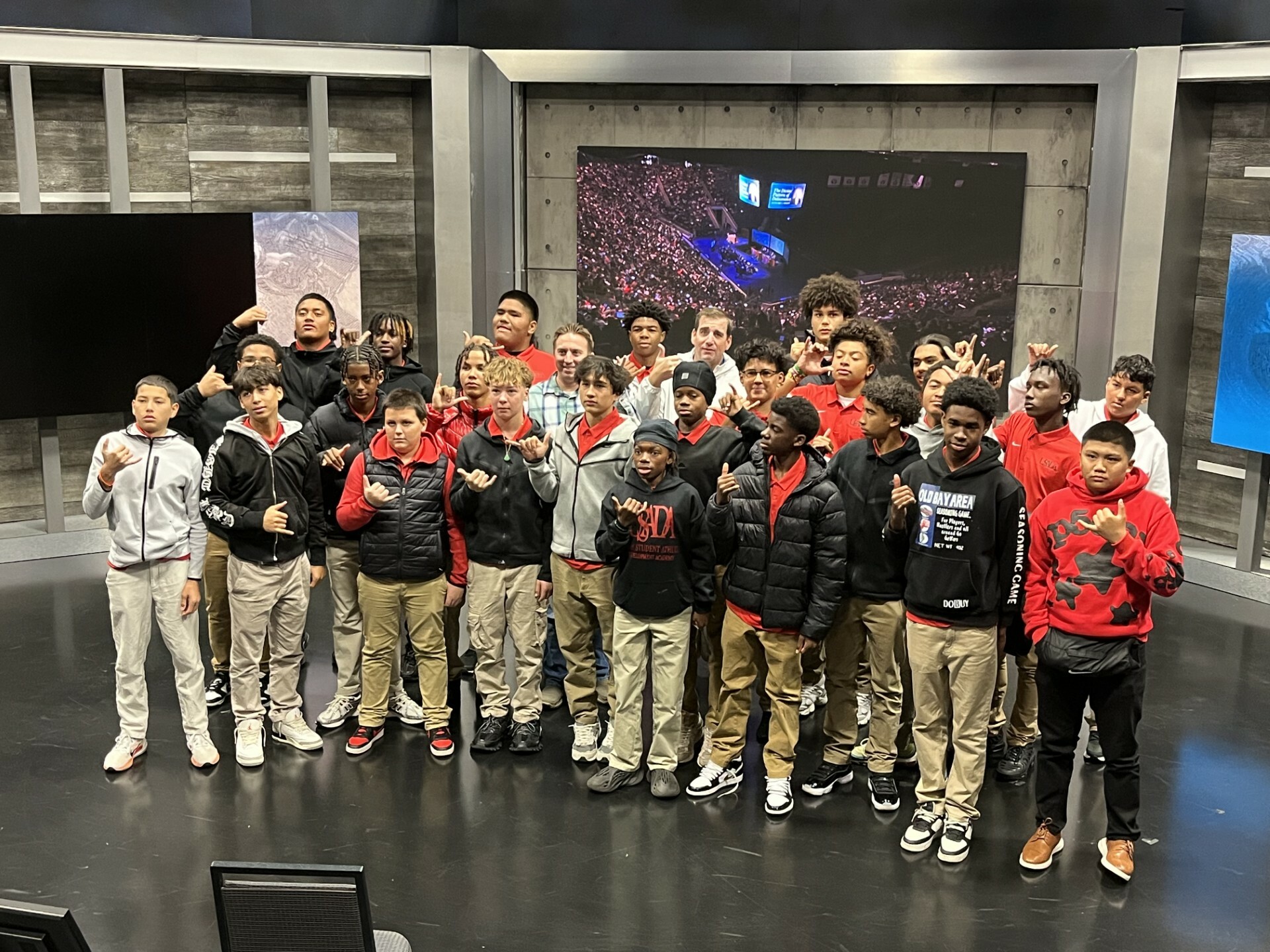Nestled between the sports fields of Crocker Amazon Park in San Francisco, California, is a small nonprofit organization having a not-so-small impact on the community it serves. The Urban Student Athlete Development Academy (USADA) is a sports-based youth development program established in 2019 that focuses on educating student-athletes in all areas of personal development.
“Our mission is to empower socially and economically disadvantaged youth by providing access to academic, athletic, and community support services,” the USADA website states. The school accomplishes this mission by providing access to resources which enable its students to excel academically and athletically in order to be accepted into one of San Francisco’s elite private schools. Attending these schools, the youth will receive high-quality education and the opportunity to compete for university scholarships.
Cofounders Celestino “Tino” Rimando-Ellington and William H. Shannon emphasize the importance of balancing physical and intellectual development. While both are passionate about mentoring and coaching youth, they knew that for these students to have a shot at attending private high schools and large universities, they would need access to top-notch educational resources. “I knew that sports alone wasn’t enough,” Rimando-Ellington shared.
While searching for a curriculum provider, Rimando-Ellington learned about BYU Independent Study through a friend whose son was a BYU IS student. After getting in contact with BYU CE academic outreach representative Trenton McCall, a partnership was born.
For Rimando-Ellington and Shannon, high quality athletic training meant nothing without an equally rigorous academic curriculum. “It had to be about academics,” Tino explained. “In this city, [student athletes] aren’t getting noticed and it’s because they’re not academically prepared.” For USADA, BYU IS was the perfect partner. The athletic performance training and life mentoring provided by USADA staff and volunteers, paired with the course materials and academic support from BYU IS, have proved to be enormously effective. Since the XLR8 high school prep program began in 2021, 85 percent of its students have been accepted to the local high school of their choice.
Over time, the relationship between BYU IS and USADA has grown. Since the partnership began, multiple BYU CE marketing representatives have been out to visit the school. “I traveled regularly as a direct marketer,” McCall shared. “Whenever I was in the San Francisco area, I would make an effort to be there. Often, I’d provide lunch for the kids and [Tino] always had me say something encouraging for the students there.”
After years of successful partnership, USADA reached out to BYU IS to ask if their students could tour BYU campus. Excited to help and hoping to inspire these youth, BYU IS happily obliged.
In November 2024, 27 students, a couple of parents, and the school’s founders traveled to Provo. The visitors were treated to an all-day BYU experience. Activities consisted of a comprehensive campus tour, viewing a live filming session of BYU Sports Nation, attending an indoor BYU football practice, and watching a BYU basketball game.
BYU CE academic outreach manager Dave Hoffman accompanied the party for much of the day. He commented, “After the football practice, [the students] got to shake hands with and talk to the players. Some of the guys gave them their practice gloves and the head coach, Kalani Sitake, took time to talk to almost every one of those kids. They asked him questions, he took pictures with them, and he told them to come here to BYU. . . . They were so stoked.”
After the trip, many of the youth expressed a desire to one day attend BYU. USADA students, staff, and BYU IS representatives alike agree that the visit was a huge success. “Everybody is just so welcoming,” Tino remarked. “These trips to BYU are going to happen every year now.”
BYU Independent Study is proud to assist organizations like USADA in making a difference. “We feel like we’re a part of this mission,” Hoffman shares. “At this point, we’re doing more than just providing the curriculum; I spent the whole day with some of these kids, talking to them, asking questions about their lives, and giving them advice. It was really cool to see that our product is more than just a kid interacting with a screen. We have partners that are helping to make a difference.”
McCall added, “Sometimes we look at it in terms of a product that needs to be successful, and we kind of get lost in that. In reality, [USADA] is doing some amazing things for these kids. . . . It’s awesome that we can be a catalyst for change in their lives and that we get to be a part of that.”




